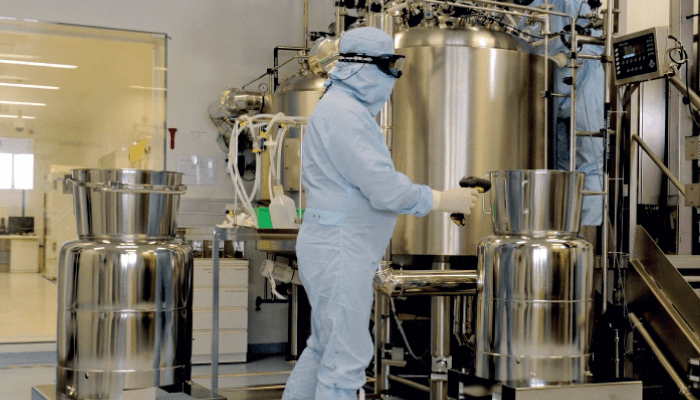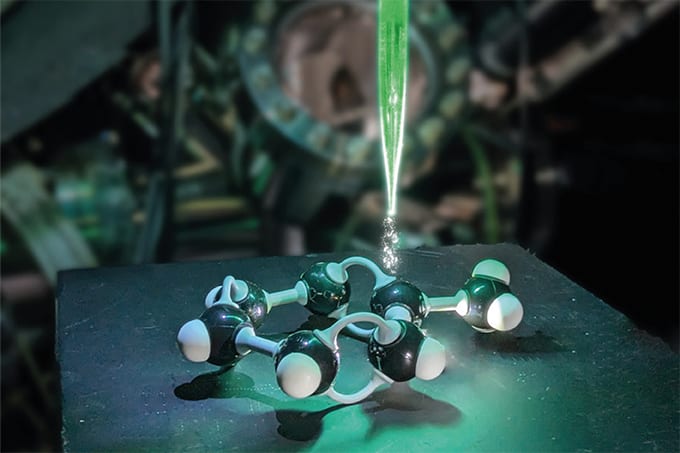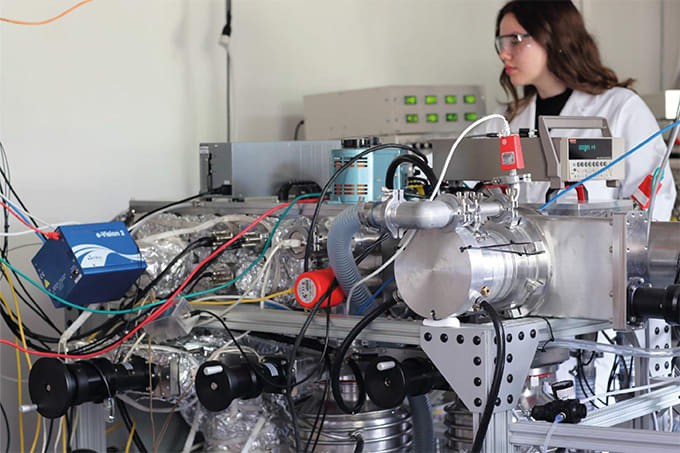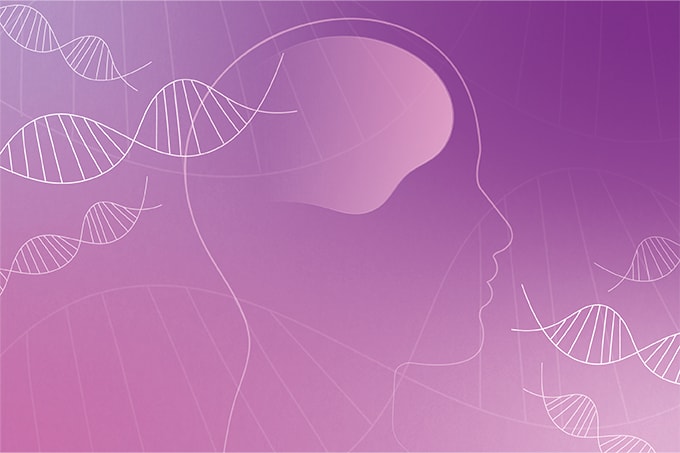
What are your main aims for the project?
Biopharmaceuticals are long overdue for faster, more effective, and more accurate clone selection and process development – and the collaboration between Waters and Sartorius is specifically focused on optimizing cell line clone selection. We want to maximize drug product quality, yield, and manufacturing efficiency – all while reducing the development timeline. Ultimately, we want to fully integrate process control, monitoring, and product quality testing into the manufacturing environment.
The pivotal process of clone selection typically takes up to 10 weeks. We want to cut that time by developing a solution – based on Sartorius’ Ambr multi-parallel bioreactors and Water’s small footprint LC-MS instrument, BioAccord (1) – that will provide bioprocess scientists with vital upstream analytical data about recombinant proteins within 48 hours (compared with the 3-4 weeks that it takes today). We believe our approach has the potential to accelerate bioprocess development and reduce the number of cell culture runs from six to perhaps one or two.
Do you think mass spectrometry is underused in biopharma process development?
Well, analytical groups use mass spectrometry to support their process development colleagues, but the separation of process and analytical functions often causes inefficiencies. As process labs do not have direct access to MS instruments, they are at the mercy of another laboratory to generate data.
I think wider adoption is limited by misperception; mass spectrometers are often assumed to be large, complex, and difficult to use – and that can sometimes be the case. And it’s also why we are working with Sartorius to develop appropriate applications for clone selection and upstream process development. Theoretically, users should be able to seamlessly adopt the solution and see the direct benefit of MS workflows without the complexity.
Do you have any advice for other biopharma companies who might be interested in implementing more advanced analytical instrumentation in their processes?
Many companies are looking at more advanced use cases, such as online feedback control in later stage pilot or production environments, but the adoption cycles are long, and the solutions require customization. If they start with early-stage process development with standardized at-line solutions, they can benefit more rapidly from the technology. And the experience they gain can facilitate the adoption of more advanced use-cases in later-stage production environments.
Image Credit: Copyright Sanofi Pasteur / Norbert Domy
References
- Sartorius (2021). Available at: https://bit.ly/3Ktzpqz




